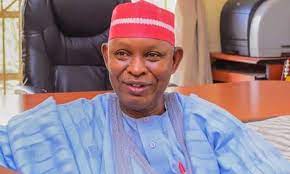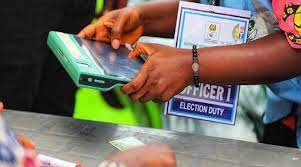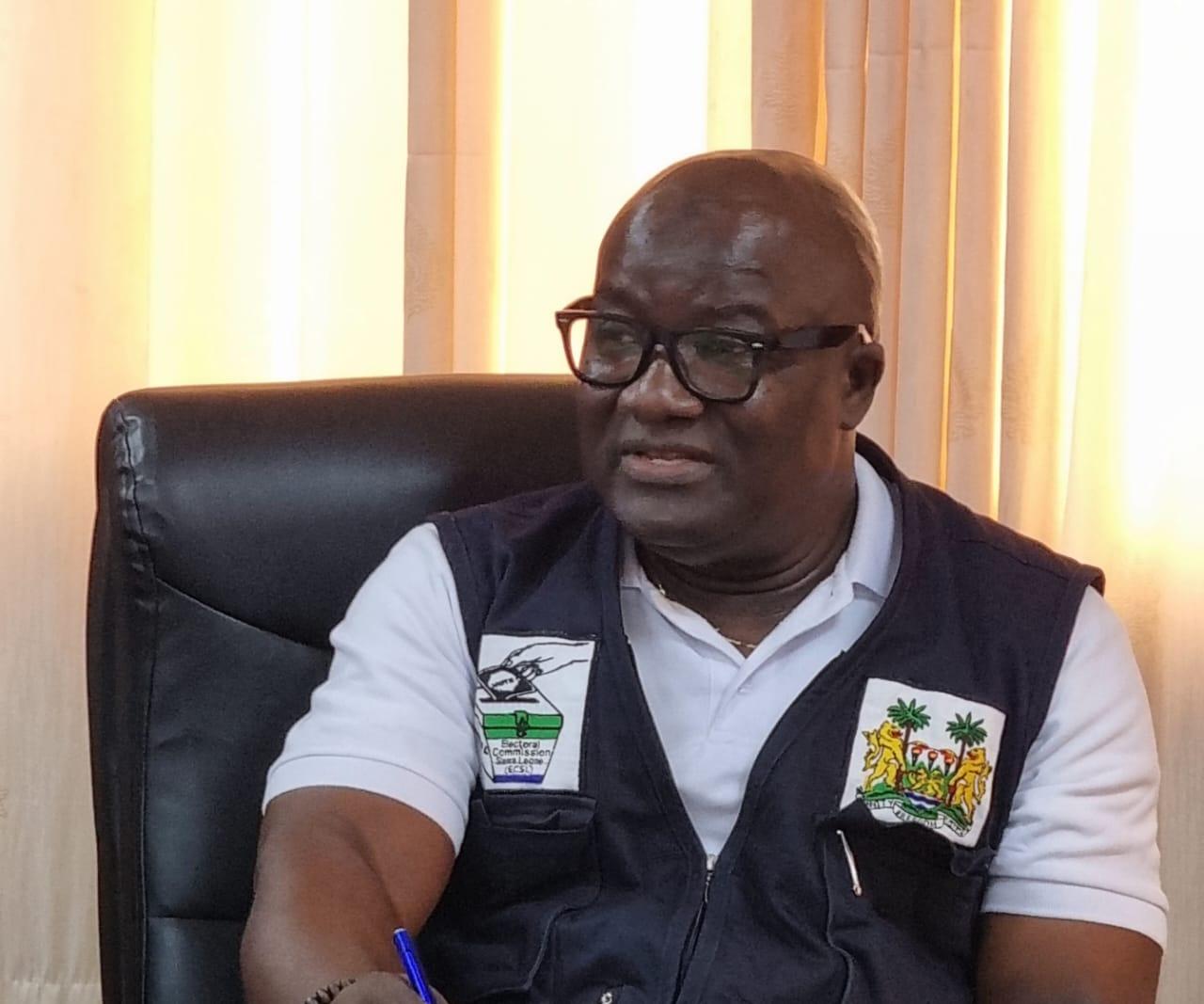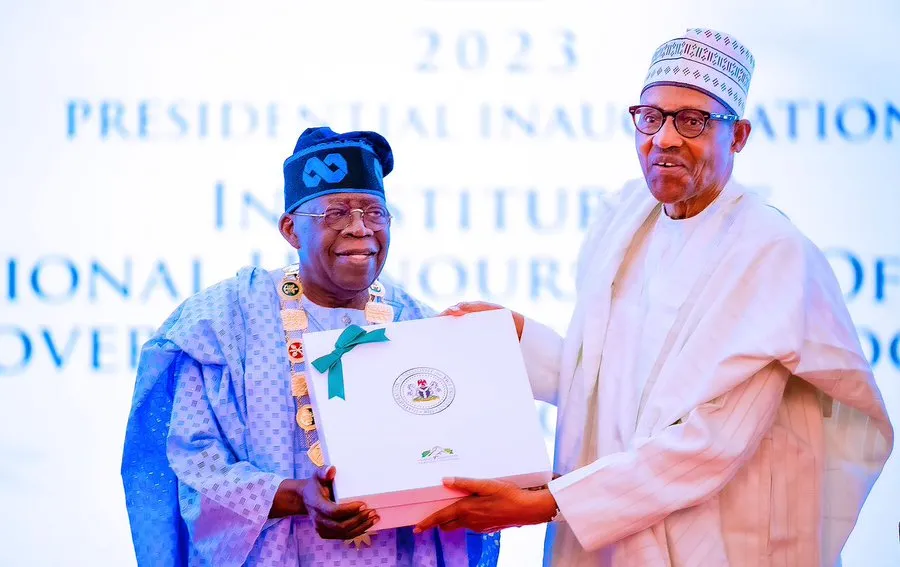By Paul Ejime
Abuja, Jan. 10, 2024 – The Economic Community of West African States (ECOWAS) is 50 this year.
However, for those who care about the future of the organisation once acclaimed as a trailblazer in regional economic integration, especially conflict management and resolution, the situation calls more for a deep reflection and introspection instead of popping Champagne cocks.
From the time when some of its member countries were under military dictatorships or with one rebel government in the bush and another in the state capital, ECOWAS managed to evolve to a period when all its 15 member States practised one form of democratic government or another.
For more than a decade after its formation on May 28, 1975 through the Treaty of Lagos, the organisation was seized with peace and security challenges involving sporadic conflicts and civil wars, beginning with the two civil wars in Liberia. Dozens of military coups also toppled elected governments.
On each occasion, ECOWAS leaders ensured there was an eventual return to constitutional rule, using regional instruments with the carrot and stick approach, including suspension of membership or imposition of sanctions on errant members where diplomacy failed.
But gradually, the regional leaders took their eyes off the ball, allowing unbridled alteration of national constitutions and election rigging for term elongation, gross violations of human rights, suppression of opposition and shrinking of the democratic space.
The democratic regression continued unabated, until 2020 when former Col, now General Assimi Goita and his military colleagues led the coup that ousted the government of elected President Ibrahim Boubacar Keita.
By the middle of 2023, the region had witnessed more than half a dozen putsches, the game changer being on July 26, 2023 in Niger, led by the head of the country’s presidential guard General Abdourahamane Tchiani, who has since proclaimed himself the leader of a new military junta.
Niger thus joined Mali, Guinea and Burkina Faso as ECOWAS countries now under military dictatorships.
Instead of using its tried and tested strategies in whipping wayward member States into line, ECOWAS leaders mismanaged the situation by jumping headlong into the fray, imposing sweeping sanctions and threatening the use of military force to restore constitutional rule in Niger.
Newly elected Nigeria’s President Bola Tinubu, who was still fighting legal battles to secure his election was made Chairman of the Authority of ECOWAS Heads of State and Government.
Perhaps to reciprocate that gesture, he caused Nigeria to suspend electricity supply to neighbouring Niger, even though the bilateral power supply agreement was not covered under any ECOWAS protocol.
Apart from the unpopular decision to use force in Niger, which was later abandoned, the role of France and its Francophone African allies, especially Cote d’Ivoire during the division between ECOWAS and its three Sahelian States of Mali, Burkina Faso and Niger, did not help matters.
In December 2023, the three, called the Alliance of Sahel States, or AES, served notice of their intention to quit ECOWAS “immediately.”
ECOWAS has since realised its mistake and changed tact, adopting diplomacy and negotiations to woo back the three countries, which have adamantly dug in their heels,
At their last summit in Abuja last December, ECOWAS leaders still gave the junta leaders a six-month “cooling period” to reconsider their decision to pull their countries out of ECOWAS, failing which the separation would be deemed to have started in January 2025.
Barring last ditch efforts, the divorce could mark an unprecedented turning point in the history in ECOWAS and regional integration in Africa, with potential far-reaching consequences.
Mali, Burkina Faso and Niger, all landlocked countries, have expelled the troops of former colonial power, France, and the anti-French sentiments, which the junta leaders are riding on for their populist stance, have continued to grow.
The Senegal government of President Diomaye Faye, the ECOWAS Chief negotiator charged with convincing the three renegade countries to return to the fold, has also told Paris to close the French military base in the West African country and so has Chad, a non-ECOWAS member State.
General elections are due in Cote d’Ivoire this year and in what is seen as political expediency, or “a pre-emptive strike,” President Alassane Ouattara has also announced a phased withdrawal of French troops from one of the bases in the country.
But to put issues in context, it is the citizens of the Francophone countries that are behind the anti-French sentiments. They started the movement, before the military juntas joined.
Critics are unconvinced about the junta leaders’ sincerity of purpose. A critical examination of their careers would show that they are all beneficiaries of the French system. Several years after they seized power, there is little or no progress in their political transition programmes.
In clear violation of regional and continental protocols, they have also indicated their intention to stand as candidates in elections for transition to civilian rule, which many consider a sign they are bent to perpetuate themselves in power and not “liberators” as they claim.
The three countries still belong to the eight-nation West African Economic and Monetary Union, UEMOA, set up by France, which are members of ECOWAS and using the CFA franc, controlled by the French Treasury. The juntas grouse with ECOWAS, could be that it is the only organisation pressuring them to return to constitutional rule.
Zimbabwe’s diplomat, Ambassador Arikana Chihombori-Qua, deserves much credit for consistently calling out the French for the “inhumane” colonial pacts it forced on leaders of former African colonies at independence.
Through her, the outside world became aware that Paris was making some 500 billion dollars per year from the exploitation of Francophone Africa.
Unsurprisingly, she was sacked from her role as the African Union’s representative to the United Nations in 2019.
In the assessment of ECOWAS’ performance, it is not all gloom and doom, but perhaps, the proverbial half-full or half-empty cup. However, the undeniable truth is that all is not well with the organisation. By its standards, ECOWAS has under-performed, particularly in the last decade.
In a dynamic world of shifting geopolitics and geostrategic ecosystem, with multilateralism yielding place to bilateral/unilateral pursuits and new nationalism, characterised by emerging global threats of terrorism, insurgencies, extremism, and the invasion of social media, disinformation/misinformation and fake news, it would be naive to expect ECOWAS to be static or immune to external influence/interference.
Organisations, such as the United Nations and even the European Union, which are reference points, experience a bad patch or “wilderness” period. But life coaches will tell you that ‘it is not how many times you fall, but your ability to rise from each fall that determines your strength, sustainability and future.’
Applying this maxim to ECOWAS, it is fair to say that while the organisation should be proud of its past achievements, such as the free movement of persons, goods and services, and the right to residence and establishment, the challenges and threats of regional disintegration are real and present.
While, pre- and immediate post-independent African leaders did the heavy lifting by ensuring that much of Africa and its people were emancipated from slavery and colonialism, many African countries are still dependent and contemporary African leaders have failed their people by being self-serving instead of giving meaning to the nominal independence of their countries.
For the wobbly ECOWAS, the worst-case scenario could be the eventual withdrawal of the three AES countries or the balkanisation of the economic bloc, which will be a major setback.
On a positive note, the presence of Burkina Faso’s junta leader Capt Ibrahim Traore at the inauguration of Ghana’s new President John Dramani Mahama on 7th January 2025 could be a silver lining.
Ghana has demonstrated democratic maturity by successfully conducting the ninth cycle of general elections with the fourth peaceful transfer of power between ruling and opposition parties for 33 years since its return of the multiparty system in 1992.
For Mahama, it is a glorious comeback with an overwhelming victory of 56% vote and a commanding parliamentary majority, after a hung parliament and the best presidential outing since the country’s independence from Britain in 1957.
He could deploy his experience and work to bequeath indelible legacies to his country which prides itself as the Black Star of Africa.
At the regional level, Mahama could also team up with his colleagues, particularly Nigeria’s President Tinubu to reposition and refocus ECOWAS on the dreams of its founding fathers.
Every organisation requires a pillar/leader, which ECOWAS has lacked over the past decade.
Like their predecessors combined to galvanise other regional leaders to end the civil wars in Liberia and Sierra Leone, Tinubu and Mahama owe their countries and the region the duty and responsibility to provide the necessary leadership that will prevent ECOWAS from disintegration.
Tinubu, as ECOWAS Chair, was Guest of honour at Mahama’s inauguration.
Ejime is a Global Affairs Analyst and Consultant on Peace & Security, and Governance Communications





